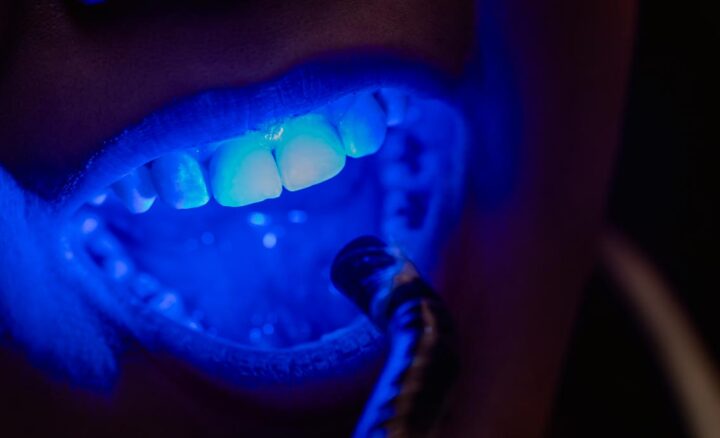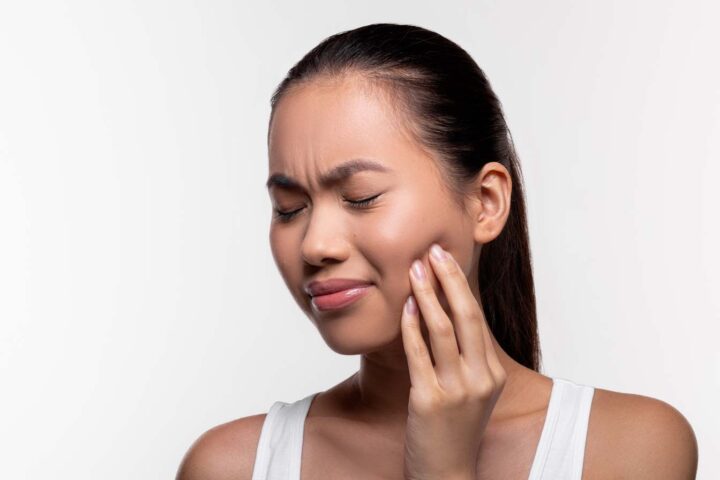Did you know that?
- Baby teeth are vitally important – they are needed for eating, speaking and smiling, and for holding space for the adult teeth to come through.
- They appear from about 6 months old but some babies already have teeth when they are born!
- Teeth sometimes do not appear in normal sequence – don’t stress! All children are different.
- First teeth start to be lost at about 6 years old – the tooth will become wobbly (shaky). Encourage your child to use their tongue to wobble it even more so it comes out.
- Some milk teeth may take a bit longer to fall out and the new permanent teeth may already be visible. Do not worry as this is very common.
How to care for your child’s first set of teeth?
DO:
- Bring your child for regular visits to the dentist for check ups and cleans
- Ensure that your child brushes their teeth at least twice a day – after breakfast and before bed.
- Use the correct size toothbrush for the age of your child. This will be indicated on the package.
- Use the right toothpaste for the age of your child. For children aged 0-6 years use any toothpaste for this age group as it contains less fluoride and often has a more kid friendly taste. After the age of 6 a pea size of adult toothpaste is recommended.
- Do Floss – flossing should be introduced as soon as 2nd, deciduous molars are through. Care in between the back teeth is very important because this is where decay is most commonly seen.
- Drink tap water and milk. Tap water in Singapore contains fluoride which is essential to healthy development of teeth at all ages. Milk (always check powdered milk to ensure that it does not contain sugar) is another healthy choice of beverage as long as there are no sweet additives.
- Following your dentist’s advice will often ensure that the need for treatment on milk teeth is greatly reduced, or eliminated. However, should the need for treatment arise, your dentist will discuss all possible options.
DON’T:
- Give cordials, soft drinks or any sugary drinks in a bottle because these can cause heavy decay, especially if taken to bed.
- Used the baby bottle as a pacifier other than when it contains water or unsweetened milk. When liquid from a baby bottle builds up in the mouth, the natural or added sugars found in the liquid are changed to acid by germs in the mouth. This acid then starts to dissolve the teeth (mainly the upper front teeth), causing them to decay. Baby Bottle Tooth Decay can lead to severe damage to your child’s baby teeth and can also cause dental problems that affect the permanent teeth.
- Give fruit juices unless they are diluted.
- Give carbonated soft drinks of any description as they are highly acidic. Even the diet/low cal soft drinks contain sugar.
- Give lots of sweet sticky foods – encourage healthy snack options such as fruit.
- Eat frequent snacks. Try restricting eating to mealtimes only.
The benefits of having a dentist that knows your child’s teeth:
- Your child’s general dentist (or if you see one, a paedodontist specialist children’s dentist), will keep a close check on your child’s teeth and teach them how to brush and floss properly to maintain good oral hygiene.
- As your child develops your dentist will assess their bite (how teeth come together) and will refer if necessary, to an orthodontist. This can be at any age, but not usually before the age of 7 and is most commonly between ages of 10-14 yrs. Digit sucking habits and extended sucking of a pacifier are a common cause of altered bite so it is best to wean your child off these as soon as possible.
- Your dentist may advise taking x-rays of your child’s teeth – a small film is used with a protective coat and held in the mouth for a few seconds. Radiation is extremely low and is isolated to the oral cavity only. The dentist will use child friendly vocabulary to explain what they are doing.
Always remember that the dentist is there to help your child maintain good oral health. Regular visits started at an early age can and will last in maintaining a lifelong confident smile.











